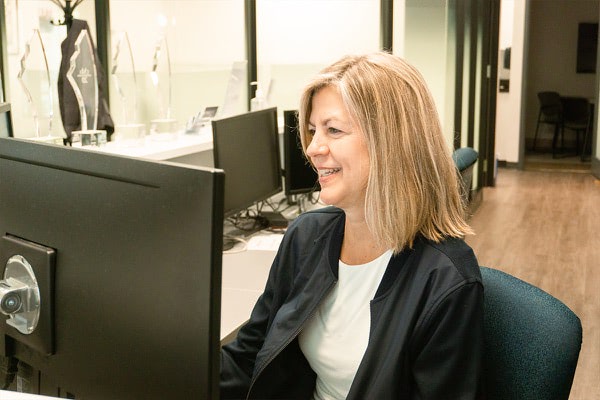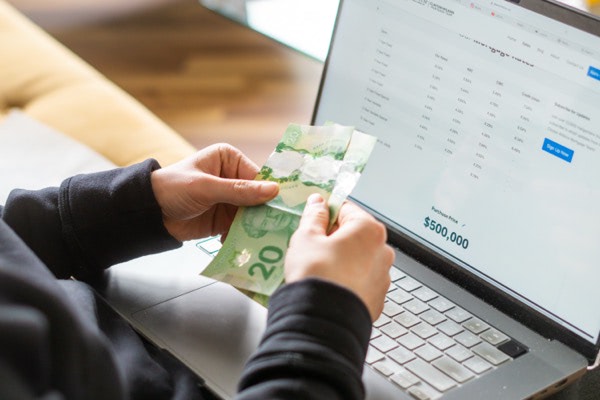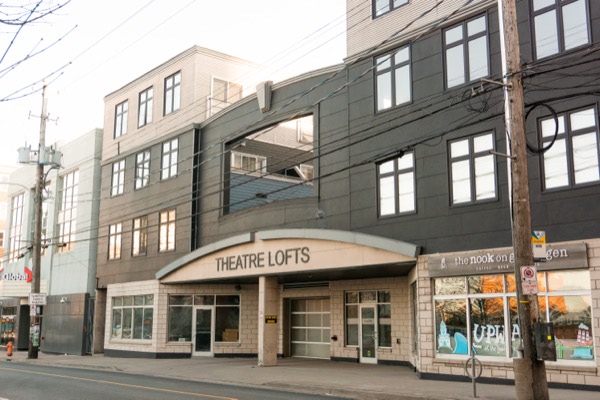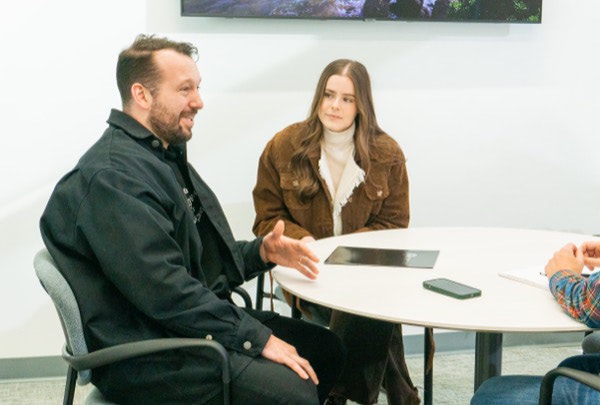You have secured your mortgage approval, but is it what you can truly afford? Here’s what you need to know.

5 important questions to ask your mortgage broker
Getting ready to meet with your mortgage broker for the first time? As a home buyer, working with a broker is crucial to your success in the market. Whether you are a new or repeat buyer, your broker will offer invaluable advice and guidance. A broker’s goal is to get you the right mortgage product, and to always put your needs first. With that in mind, you should make the most out of your meetings! Here are five important questions to ask your mortgage broker as you embark on your buying journey.
#1 Am I ready to become a home owner?
This is a big one for first-time buyers. It can be hard to know if you are prepared to purchase a home, no matter how excited you may be or how ready you think you are. You can do lots of research on your own, but discussing your situation with a broker is the best way to truly be certain homeownership is the right path for you right now. Your broker will go through your finances, your budget, and your future plans and goals. They will ask about your income, expenses, debts, and assets, so it’s good to have these items ready beforehand! Take some time to think about where you see yourself in the future, and what kind of budget you think you will be working with. When you meet with your broker, they can help you determine how realistic your plans are, and whether you need to make any adjustments before diving into the market.
#2 What does a mortgage broker cost?
This is a common question, so it’s a good idea to get it out of the way. In most cases, there is no cost to use a mortgage broker as a home buyer! Brokers are paid by lenders, and specifically, by the lender they bring clients to. If you’re worried this might mean brokers are biased towards certain lenders, don’t be! Brokers are paid a standard rate across the mortgage industry, so they do not benefit from leading you to one lender over another. There are a couple cases where a mortgage broker may cost the client, however. This usually occurs in situations where an alternative or private lender comes into the picture. These lenders tend to work with clients who are perceived as “riskier” due to issues with credit, income, debt, etc. if you end up working with this type of lender, you may need to pay a fee.
#3 How big should my down payment be?
While it’s simple enough to understand down payment requirements, this is a good question to ask a mortgage broker because they can help you decide which path to take. Down payments can be as low as five per cent for homes that are less than $500,000. Homes above this amount, but below $1 million, require five per cent on the first $500,000, and 10 per cent on the rest. Homes above $1 million need a full 20 per cent. These rules are set to change in the coming months!
Knowing what you need to contribute is only half the battle. You then need to decide if you want to purchase a less expensive home to enter the market sooner with a smaller down payment, or wait it out until you can save a full 20 per cent. There are pros and cons to both of these options, so be sure to discuss it with your broker!
#4 Why is a pre-approval important?
If you have any doubts about the importance of a pre-approval, ask your mortgage broker why it’s so essential. They will be able to help you understand why this is a critical part of the buying process, even if it is not technically mandatory. Since your pre-approval helps you learn what you might be able to afford in a mortgage, this gives you some clear guidance on how to move forward. For example, it might reveal to you that paying off some more debt, or boosting your income a bit, could help you secure a larger mortgage. Basically, your pre-approval is a warm up for your future application, where you can identify areas of improvement without penalty.
#5 What are the biggest closing costs?
Finally, it’s always a good idea to get some extra information on closing costs! These are different from your down payment and mortgage payments. They are the fees you will pay your lawyer, the property insurance you will purchase, the land transfer taxes you will owe, and the moving costs you will face. There are a lot of moving parts involved in buying a home, but a broker can help you keep track of what you owe!
There are tons of questions you can ask your mortgage broker whenever you need help during the purchasing process. These are some of the most common and important topics to address, but your broker has tons of knowledge and guidance they can offer you! Take advantage of your time with a broker to ensure you feel confident in the housing market and ready to buy a home.
If you have any questions about your mortgage, get in touch with us at Clinton Wilkins Mortgage Team! You can call us at (902) 482-2770 or contact us here.


